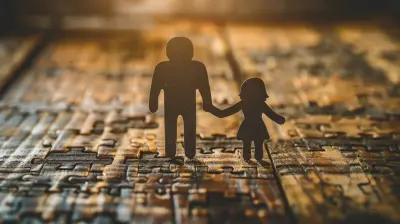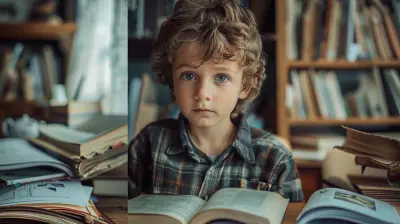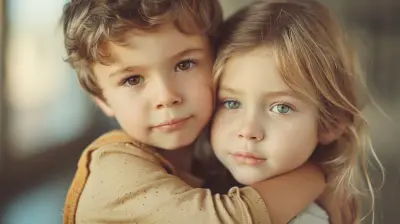Adoption and Trauma: Understanding the Impact and Promoting Healing
29 May 2025
Adoption is an incredible act of love and compassion. It provides a stable home and family for children who otherwise might not have one. But let’s be real—adoption isn’t all sunshine and rainbows. Beneath the surface, there’s often a complicated web of emotions, challenges, and, yes, trauma.
Whether you’re an adoptive parent, someone considering adoption, or just curious, understanding how adoption and trauma intersect is key to supporting a child’s healing journey. So, let’s dive into this delicate but important topic, without sugarcoating it. 
The Reality of Adoption: Joy and Complexity
Adoption can feel like a fairytale beginning for many families. But for the child, it’s often the result of loss. Think about it—before being welcomed into a new family, adoptees have typically experienced some form of separation or abandonment. Even if it’s from circumstances beyond anyone’s control, that kind of loss can leave deep emotional scars.It’s like ripping out the roots of a tree and trying to replant it. No matter how much sunshine and water you give, the tree sometimes struggles to find its footing in new soil.
The Loss Behind the Love
Sometimes people overlook the fact that every adoption story starts with two sides: a loss and a gain. The adopted child may gain a loving family, but they’ve also lost something—a biological connection, a sense of identity, or even a cultural heritage.This grief, even if it’s unspoken, can be traumatic. And here’s the kicker: A child might not even have the words to explain what they’re feeling. They just know something feels… off. 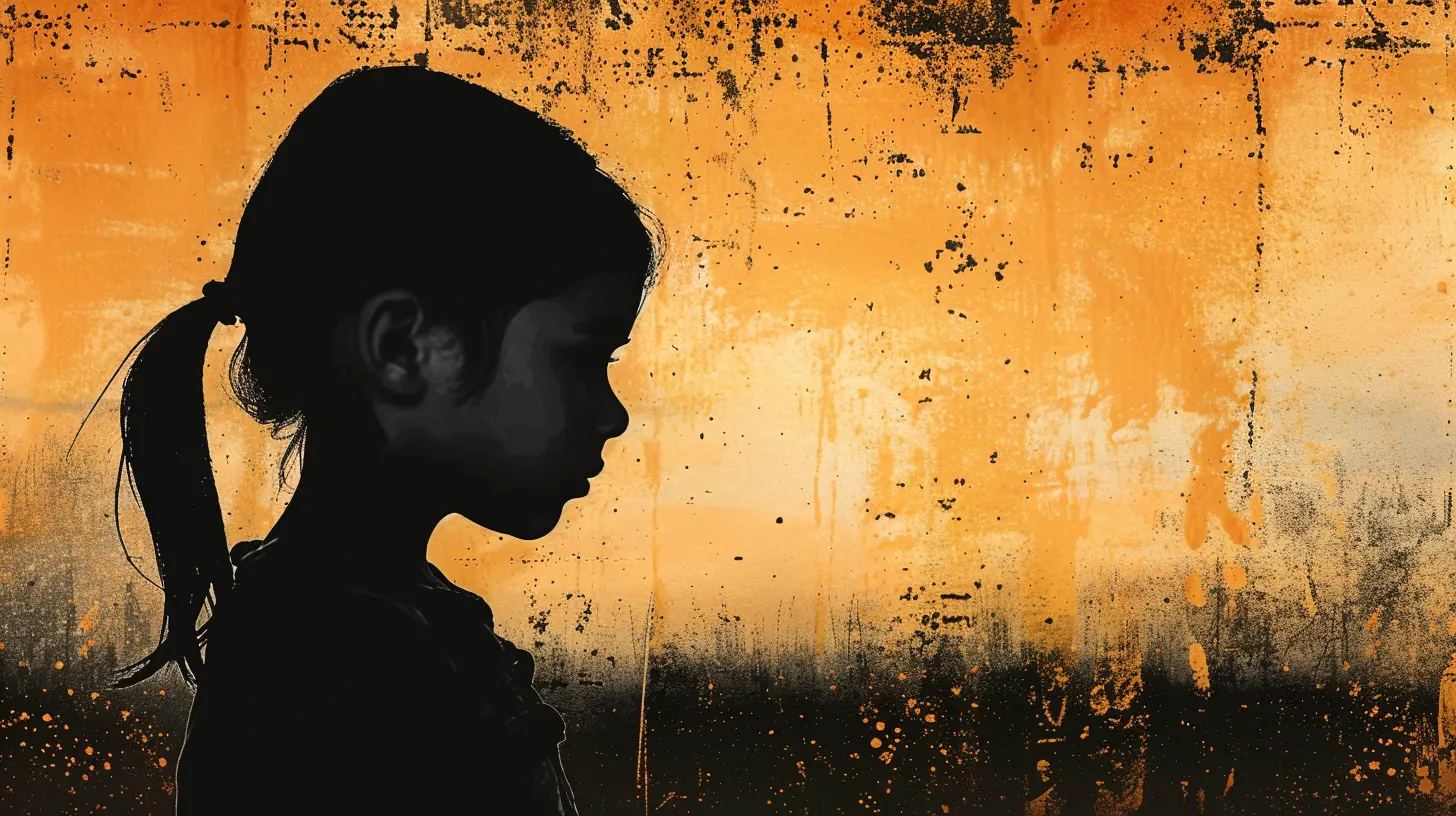
What Is Adoption Trauma?
When we talk about “adoption trauma,” we’re referring to the emotional and psychological challenges that can occur as a result of adoption. And no, trauma doesn’t mean the child is doomed or broken. It simply means they might need extra love and support to process their experiences.The Science of Loss and Attachment
Here’s a bit of brain science for you: Babies and young children form attachments with their caregivers early on. These attachments create a sense of safety. When a primary caregiving relationship is disrupted—say, through the loss of birth parents—it can shake the foundation of that trust. It’s kind of like pulling the rug out from under them.This process can trigger feelings of fear and insecurity that don’t magically disappear once the child is adopted. For some kids, those emotions may follow them long into adulthood. 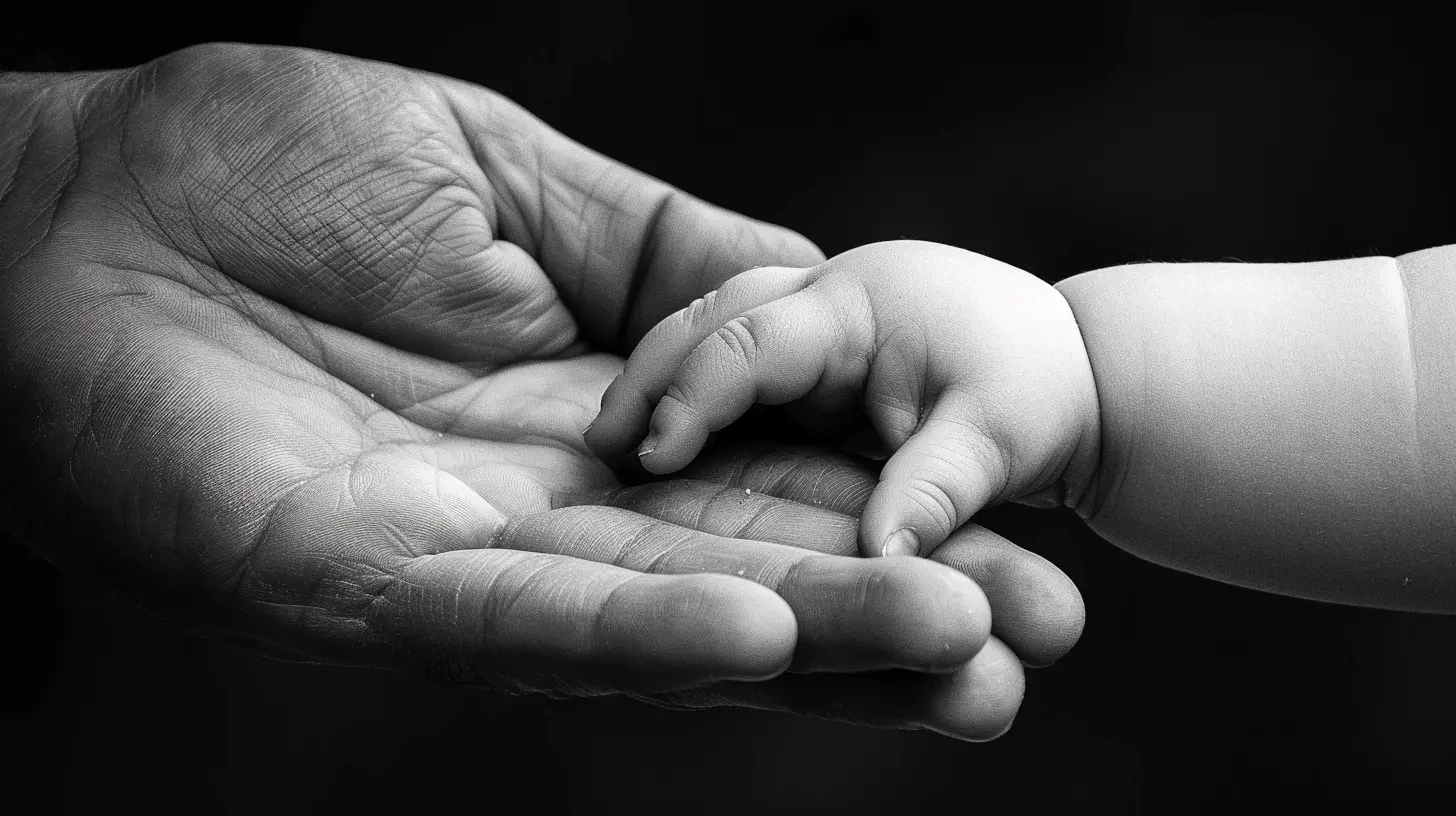
How Trauma Manifests in Adoptees
Trauma doesn’t always look like you’d expect. It can show up in ways both big and small. And since every child is different, their reactions will vary. Still, there are some common challenges adoptive parents should be aware of.Emotional Struggles
Adoptees might grapple with feelings like:- Abandonment fear: Worrying that they’ll lose their adoptive family, too.
- Low self-esteem: Wondering if there’s something “wrong” with them that caused the separation.
- Anger or sadness: Directed at their birth parents, the adoptive parents, or even themselves.
It’s not unusual for these emotions to bubble up unexpectedly, like a soda can that’s been shaken.
Behavioral Challenges
Sometimes, trauma manifests in a child’s actions rather than their words. They might:- Struggle to trust others.
- Act out as a way of testing boundaries.
- Withdraw emotionally to protect themselves.
Picture a turtle retreating into its shell—it’s not about disobedience; it’s self-defense.
Identity Questions
Adopted kids often wrestle with questions like: Who am I? Where do I belong? These questions can be particularly tough for those adopted across racial or cultural lines.Imagine growing up eating spaghetti but knowing your roots are tied to sushi. Being caught in two worlds can be confusing. 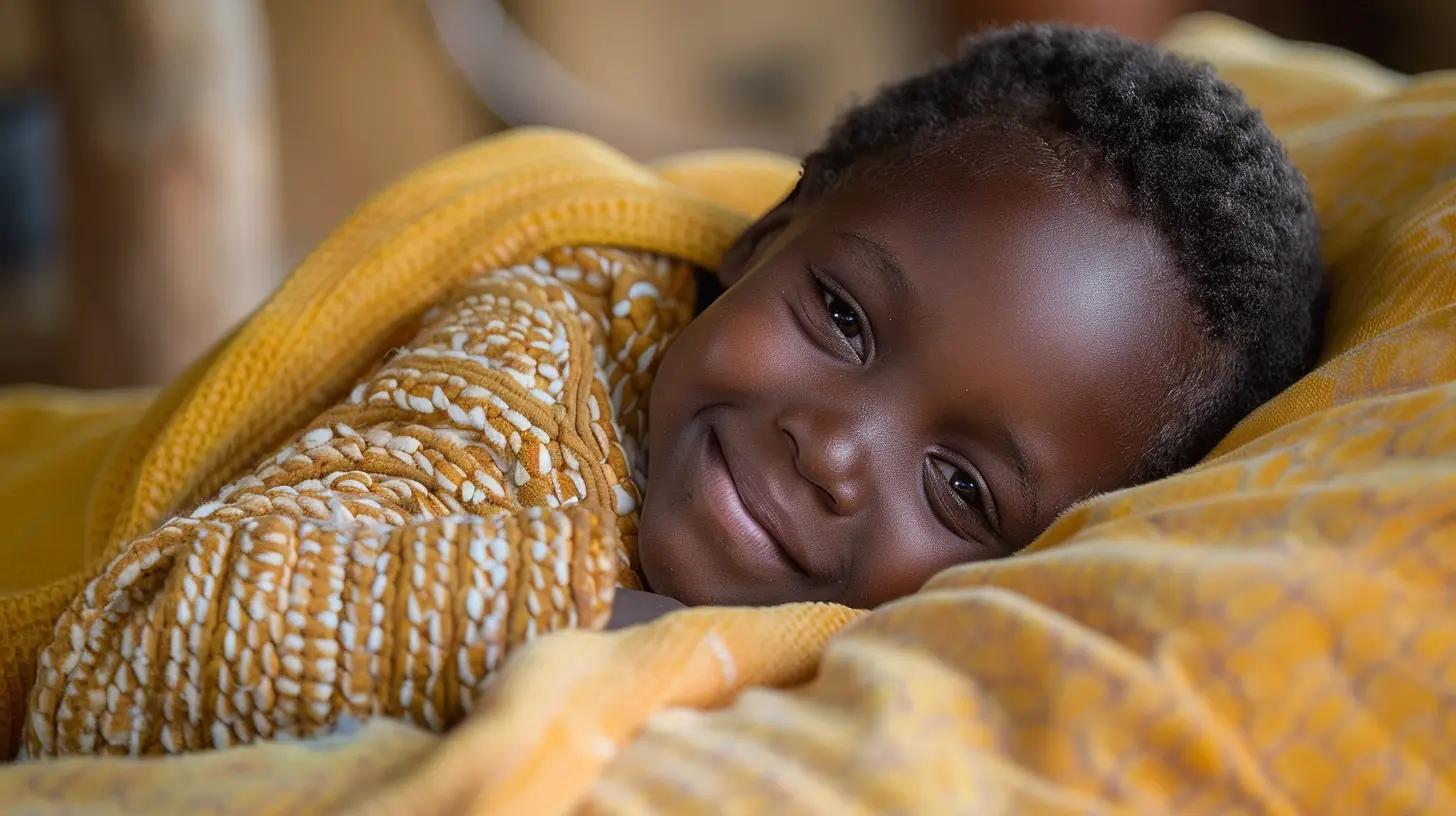
Promoting Healing: How to Support Adopted Children
Alright, let’s shift gears. Yes, trauma is real, but so is hope. Healing is absolutely possible with the right tools and mindset. Here’s how you can help an adopted child navigate their emotions and feel secure.1. Acknowledge Their Loss
First and foremost, don’t sweep their feelings under the rug. If your child wants to talk about their birth family or express sadness, let them. By validating their emotions, you send the message that it’s okay to feel what they feel.Think of it like being a safe harbor—they’ll come to you when the emotional storms hit if they know you’ll listen without judgment.
2. Build Trust Gradually
Trust isn’t built overnight, especially with a child who’s experienced loss. Be consistent, patient, and nurturing. Show them you’ll be there no matter what. Remember, it’s about actions, not just words.Trust is like watering a seed daily—it takes time to bloom, but the results are worth it.
3. Learn About Attachment Styles
Every child has a unique attachment style, influenced by their early experiences. Some may cling to you like Velcro, while others might seem distant. Educate yourself about attachment theory so you can respond in ways that feel comforting, not overwhelming.4. Seek Professional Help When Needed
Sometimes, love and patience aren’t enough to untangle the complexities of trauma. That’s where therapy comes in. Consider finding a therapist who specializes in adoption-related issues.Think of them as a guide who can help you navigate the emotional labyrinth.
5. Create a "Life Book"
A “life book” is like a scrapbook of the child’s journey—photos, mementos, and positive stories about their life before and after adoption. It helps them piece together their story and creates a sense of continuity.Caring for Adoptive Parents
Can we take a moment to talk about you, the adoptive parent? Caring for a child who’s experienced trauma isn’t always easy, so don’t forget to take care of yourself. Reach out for support, whether that’s through parenting groups, therapy, or leaning on your close friends and family.Parenting is like being on a flight—you’ve got to put your oxygen mask on first before you can help someone else.
Celebrating the Beauty of Adoption
Yes, adoption and trauma are intertwined, but here’s the thing—trauma isn’t the full story. Adoption is also about resilience, love, and the incredible strength of the human spirit.By understanding the challenges and embracing the healing process, adoptive families can create bonds that are just as strong (if not stronger) as biological ones.
Remember, it’s not about erasing a child’s past but helping them integrate it into their present.
all images in this post were generated using AI tools
Category:
AdoptionAuthor:

Karen Hurst
Discussion
rate this article
3 comments
Megan Strickland
Understanding the unique trauma that adopted children may face is crucial for effective parenting. Prioritizing open communication, patience, and professional support fosters healing and builds stronger, trust-filled relationships.
June 11, 2025 at 4:06 AM

Karen Hurst
Thank you for your insightful comment! I completely agree that open communication, patience, and support are vital for helping adopted children heal and thrive.
Jessamine McClain
Thank you for this insightful article on adoption and trauma. It's crucial to recognize the unique challenges faced by adoptive families. Your emphasis on understanding and healing provides valuable guidance for parents navigating this complex journey.
June 10, 2025 at 4:56 AM

Karen Hurst
Thank you for your kind words! I'm glad you found the article helpful in addressing the challenges faced by adoptive families. Your support means a lot!
Leo Wilcox
This article provides valuable insights into the complexities of adoption and the potential traumas associated with it. By addressing both the challenges and paths to healing, it fosters a greater understanding of adoptees' experiences, empowering parents to support their children's emotional well-being effectively.
June 1, 2025 at 4:07 AM

Karen Hurst
Thank you for your thoughtful comment! I'm glad to hear the article resonated with you and highlighted the importance of understanding adoptees' experiences. Your support for promoting healing is greatly appreciated.

